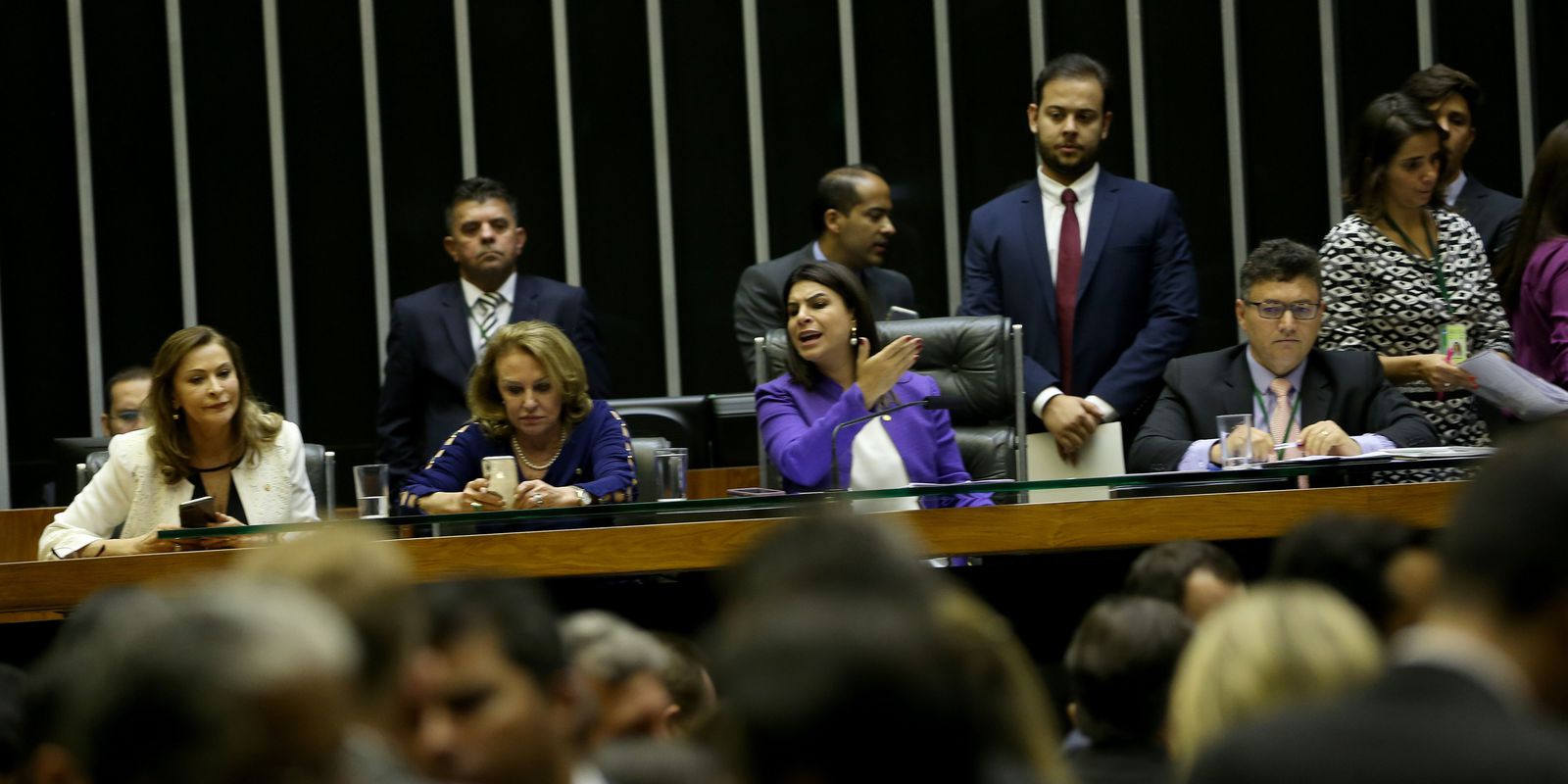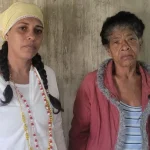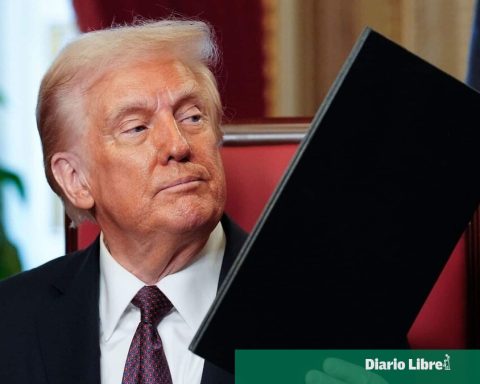A group of women who participated in two cycles of mentoring in political leadership organized by Projeto Conecta, which aims to accelerate female participation in the area, met today (29), in São Paulo, to exchange experiences on the importance of engagement in the development of the parents. In the group, there were women from 24 states, members of 31 different parties, who, after the course, are ready to run for elective positions or act in political campaigns in this year’s elections.
The purpose of the mentorships was to provide knowledge about leadership, marketing digital, politics and public management and on the obstacles that cross the trajectory of women in the public space. According to Conecta, currently, the female representation rate in Brazil is only 15% in the Chamber of Deputies and 14% in the Federal Senate, although women constitute 52.8% of the Brazilian electorate.
According to public policy specialist Luana Tavares, founder of Conecta, the role of women in the country’s politics is essential, society’s demands are complex and, in order to meet this complexity and generate public policies that actually manage to get closer than is the reality of society, it is necessary to encompass as many perspectives as possible.
“Women represent 45% of the breadwinners in Brazil. They are almost half of the entrepreneurial force. It is unacceptable that we only have 15% of participation in politics, which interferes in the lives of all Brazilians, of all households, led by women, or no, that they are acting with great social and economic importance, but that they are not participating in the main decisions of the country”, said Luana.
According to her, in places where there is more female participation in politics, there is a lower rate of corruption, greater priority for specific policies for women, with more attention to issues such as domestic violence, female employability, wage gap, working hours, day care. Luana reformed that, by bringing more women to decision-making tables, all public policies are impacted.
“Public policies need to have an impact in general. Women need to be in all areas. For a woman to act and become financially emancipated and choose her path in life, she needs to know that she can leave her child at day care, which has the support of a public policy, which is her right and that of all children, well structured”, highlighted the specialist.
According to Luana, it is important to see the participation of women in politics not as something that excludes men or that creates segmentation, but that seeks gender equality, placing discussions at the center of the debate, with multiple visions to enrich. “Women and girls, and society as a whole, will benefit in the end. The impact is direct. But it is not enough just to have more women, we need women who have the conditions and the ability to exercise this political role, which is very complex, requires preparation.”
According to her, 75% of the candidates who did not receive any votes in the last elections are women who entered politics, not necessarily to run for office, but to comply with the gender balance policy, which is mandatory in the country.
Luana reinforced that, in order to increase this participation, it is necessary to train women to compete in the elections with the desire to win, building the candidacies in a professional way, valuing all the political potential they have. “Parties still have difficulty training women in a structured way to compete in elections. Society also has to be open to looking at women as one of the options that can somehow meet the criteria.”
For Luana, the number of women in politics is still low because there are several barriers such as the historical one, since the position of power in politics is still largely attributed to men and, therefore, when voting, society prioritizes the male candidate. . “This results in a series of obstacles on a daily basis for women who want to enter this area. Those who want to participate will find an extremely sexist environment, not prepared to receive women. This will concentrate decision-making power.”
collaborative posture
Lawyer Ludmilla Mota, 28 years old, residing in the Federal District, was interested in running for district deputy, but did not know where to start and, upon learning about the cycle of courses offered by Conecta, evaluated that this would be the best way to obtain the information you need to start your journey.
“Unfortunately, a lot of people around me were worried and told me not to go, because they still look at politics as a bad thing. So I thought, I need a group that I can get closer to, get to know people, to have not only information, support and mentoring, but having a support network”, he said.
According to Ludmilla, the interest came from the importance of representation, from wanting to see more women in politics. “I was always waiting for other women to come, until the moment came when I asked myself why I couldn’t be the candidate, because I know I have training, qualifications and contributions to give. So I decided.”
Ludmilla said that when she started the process, she didn’t know how to form a team and organize a campaign. The main question was about which people I should unite on this team, how to connect with voters and how to deal with difficulties. “As a lawyer, I knew the electoral part, but I didn’t know how to take the first step. I knew I was going to need money, the support of a party, but I didn’t understand the practical part,” she said.
The lawyer stressed that, after mentoring, she feels safe to enter the world of politics, even though she is aware that she will face obstacles, from physical to moral harassment. “Today I know that I have people supporting me and that, if I need it at any point during the campaign, they will be there to support me.”
The expectations of the future candidate with her own attitude towards the whole process are the best possible. She said she believes she will be much safer, firm and with strong people by her side. “And that not only would I be elected, but that many other women would succeed. Today I see how strong women are and looking for education to act in politics.”
For Ludmilla, the presence of women in politics brings representation and a more collaborative perspective, transforming what, in her view, became a fight, opposition for opposition. “I see that women, in general, tend to take care of other people. With more women in power, we will be able to have this environment to find solutions to the various problems we have”, she concluded.

















